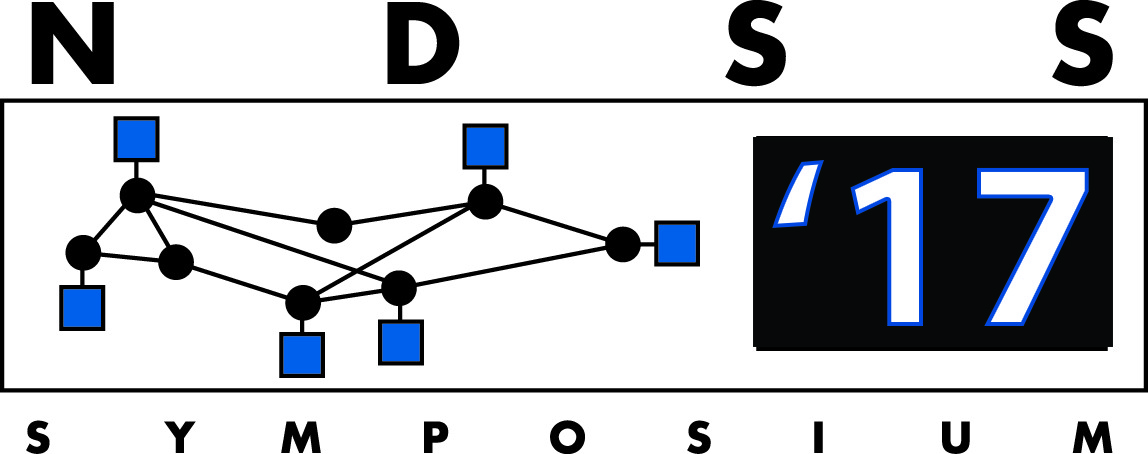The Network and Distributed System Security Symposium (NDSS 2017) is just around the corner (26 February – 1 March), and details of the program are quickly coming into focus. The full slate of activities includes two keynotes, two workshops, and a full program of excellent peer-reviewed academic research papers.
The Monday keynote speaker, J. Alex Halderman, is a Professor of Computer Science and Engineering at the University of Michigan and Director of Michigan’s Center for Computer Security and Society. In his keynote, “Recount 2016: A Security Audit of the Presidential Election”, he will be talking about electronic voting and his recent experience with recounts from the 2016 presidential election. He will explain how the recounts took place, what was learned, and what needs to change in the future. He will highlight the risks and opportunities associated with computerized voting.
The Wednesday keynote will feature Trent Adams, the Director of Information Security for PayPal, leading the Ecosystem Security team. In his keynote, “Securing the Ecosystem – Collaborating Inside and Out”, he will be talking about all the various approaches that PayPal takes to ensure the security of their systems and the information that those systems contain. He will highlight external collaborations with various organizations to help define standards and best operating procedures for security. This keynote will highlight PayPal’s Ecosystem Security approach including some success stories and next steps.
The main program of NDSS 2017 contains 68 high quality peer-reviewed research papers organized into 15 sessions spread over three days. A poster session will feature roughly 20 posters highlighting new and emerging work in its early stages.
Finally, NDSS 2017 will feature two workshops on the Sunday before the main symposium begins. The first workshop, Useable Security (USEC), is another in a series of Usable Security workshops held in conjunction with NDSS. This year’s USEC Mini-Conference will feature two keynotes, 11 peer-reviewed papers, and a panel discussion.
The second workshop, DNS Privacy, will bring together a mixture of research from a number of sources for a focused working session on the topic. The final programme is still under development, but this workshop promises to be an interactive working session involving a number of key researches, developers, and implementers in this space.
All in all, I am excited by the development of the program, and I hope to see many of you in San Diego in a few weeks! You can also follow along via our social media channels – Twitter, Facebook, and LinkedIn, or search/post using #NDSS17.

